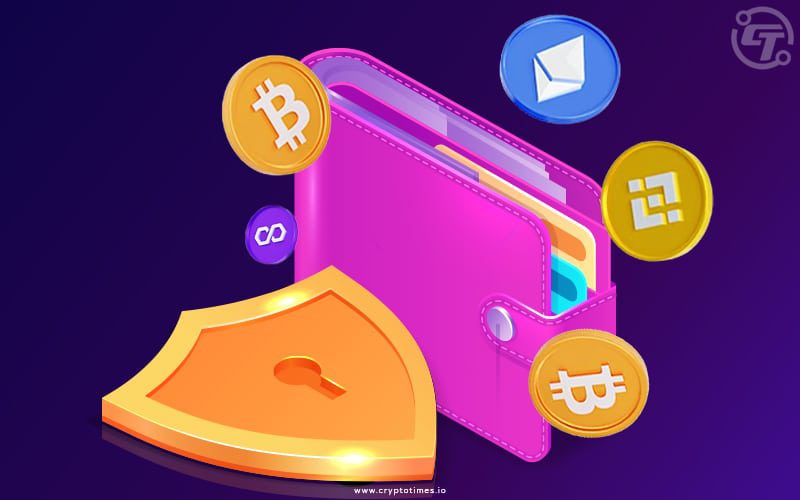Introduction
As the world of cryptocurrency continues to expand, the importance of securing your digital assets becomes paramount. Cryptocurrencies offer a decentralized and secure way to manage wealth, but the responsibility of safeguarding your funds rests on your shoulders. A cryptocurrency wallet is the key to this security, serving as the digital equivalent of a physical wallet. In this guide, we’ll explore the various types of cryptocurrency wallets and provide essential tips on how to keep your digital assets safe.
To ensure the safety of your digital assets in cryptocurrency wallets, it’s crucial to implement proper seed phrase storage—your unique key to accessing and recovering your crypto holdings.
Types of Cryptocurrency Wallets
- Hardware Wallets: Hardware wallets are physical devices designed solely for the purpose of storing cryptocurrencies. They offer Best Crypto Funds Recovery in Singapore a high level of security because they are not connected to the internet, making them immune to online threats. Examples include Ledger Nano S, Ledger Nano X, and Trezor.
- Software Wallets: Software wallets are applications or software programs that can be installed on your computer or mobile device. They are convenient but may be vulnerable to malware and hacking. Popular software wallets include Exodus, Electrum, and Atomic Wallet.
- Web Wallets: Web wallets are hosted online and can be accessed through a web browser. While they are user-friendly and accessible from anywhere, they are more susceptible to hacking and phishing attacks. Well-known web wallets include Coinbase, Binance, and Kraken.
- Mobile Wallets: These wallets are designed for mobile devices and are available as apps. They offer a balance between convenience and security. Some reputable mobile wallets include Trust Wallet, Coinomi, and MyEtherWallet.
- Paper Wallets: A paper wallet is a physical document that contains your cryptocurrency keys in the form of QR codes or strings of text. It’s offline and, if stored correctly, can be highly secure. However, it can be lost Best Crypto Funds Recovery in Singapore or damaged, so it’s crucial to keep it safe.
Tips for Securing Your Cryptocurrency Wallet
- Use Hardware Wallets: For long-term storage of significant amounts of cryptocurrency, consider investing in a hardware wallet. These devices provide the highest level of security by keeping your private keys offline.
- Enable Two-Factor Authentication (2FA): Whenever possible, enable 2FA for your cryptocurrency wallet accounts. This adds an extra layer of security by requiring a secondary verification method, such as a one-time code sent to your mobile device.
- Regularly Update Software: If you’re using a software or mobile wallet, make sure to keep the software up to date. Developers release updates to patch security vulnerabilities, so staying current is essential.
- Backup Your Wallet: Regularly back up your wallet data and private keys. Store these backups securely in different physical locations to protect against data loss.
- Beware of Phishing Scams: Be cautious of phishing emails and websites that impersonate legitimate cryptocurrency services. Always double-check URLs and only use official websites and apps.
- Secure Your Private Keys: Keep your private keys offline and away from prying eyes. Never share your private keys with anyone and avoid taking screenshots or photos of them.
- Diversify Your Investments: Avoid putting all your funds in a single wallet or exchange. Diversify your holdings across different wallets and platforms to reduce risk.
- Use Strong, Unique Passwords: Create strong, unique passwords for your wallet accounts. Consider using a password manager to generate and store complex passwords.
- Educate Yourself: Stay informed about the latest security practices and cryptocurrency scams. Knowledge is your best defense against potential threats.
Conclusion
Securing your cryptocurrency wallet is a crucial step in safeguarding your digital assets. By choosing the right type of wallet and following essential security measures, you can minimize the risk of theft or loss. Remember that the cryptocurrency space is continuously evolving, and staying informed about the latest security practices is essential to keeping your digital assets safe and sound.

